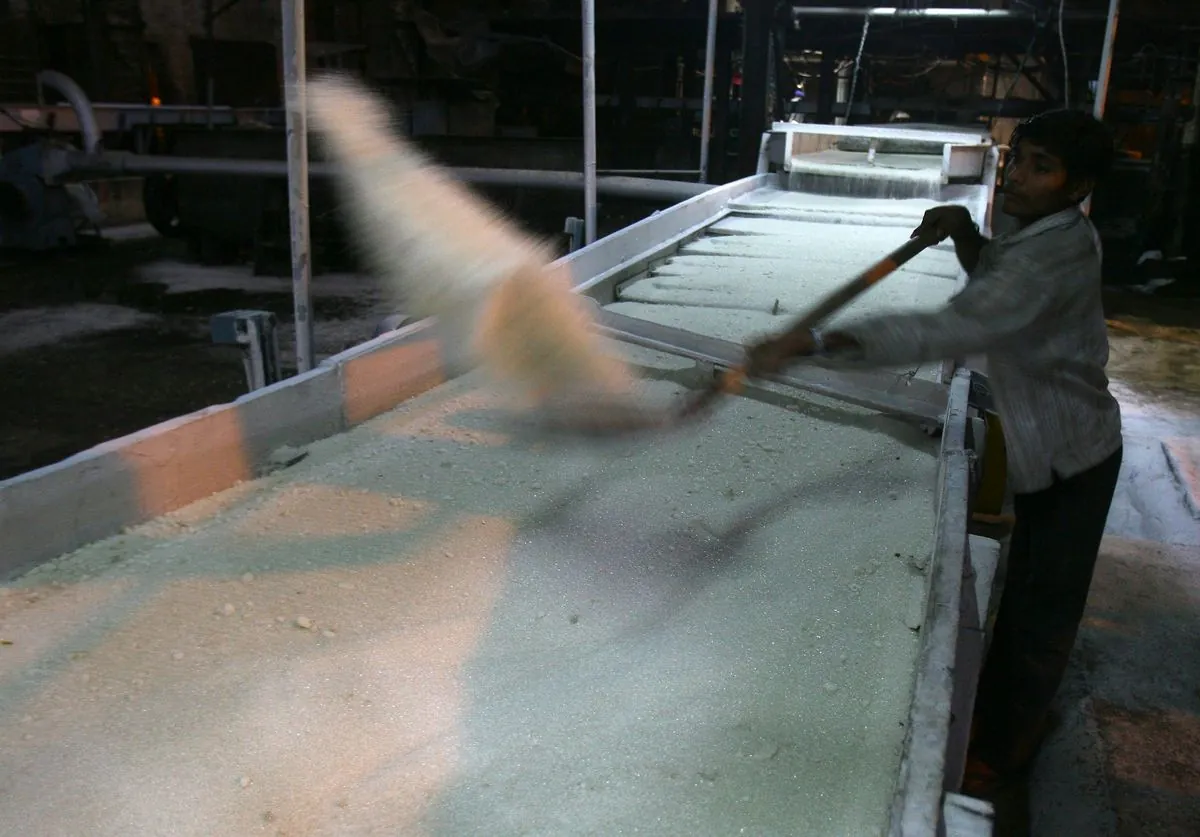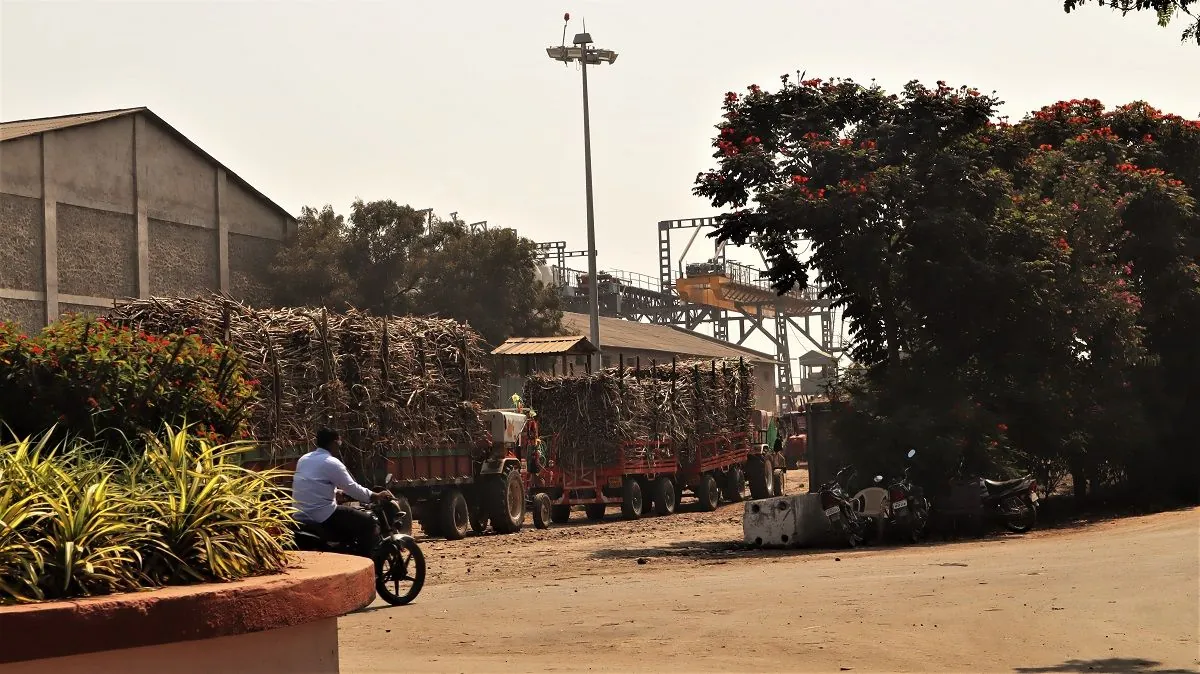India Lifts Restrictions on Ethanol Production from Sugar Byproducts
India allows sugar mills to use cane juice and syrup for ethanol production starting November 1. The move aims to boost ethanol blending in gasoline and support timely payments to farmers.

In a significant policy shift, the Indian government has announced that sugar mills will be permitted to utilize cane juice or syrup for ethanol production starting November 1, 2024. This decision marks the lifting of restrictions imposed in December 2023, which were implemented to boost sugar output following a below-average monsoon season.
The new policy also allows distilleries to use B-heavy molasses, a sugar byproduct with higher sucrose content, for ethanol production. Prakash Naiknavare, managing director of the National Federation of Cooperative Sugar Factories Ltd, noted that approximately 750,000 metric tons of B-heavy molasses are currently in stock with mills, ready for use in ethanol production.

Several prominent Indian sugar mills have expanded their ethanol production capacity in recent years. These include E.I.D.-Parry, Balrampur Chini Mills, Shree Renuka, Bajaj Hindusthan, and Dwarikesh Sugar.
In a parallel move, the government has authorized distilleries to purchase up to 2.3 million metric tons of rice from the state-run Food Corporation of India (FCI) for ethanol production. Vijay Nirani, managing director of TruAlt Bioenergy Ltd, commented on the potential impact: "The permission to utilise FCI rice as a feedstock will enhance ethanol production from dual-feed distilleries."
These policy changes are expected to have far-reaching effects on India's ethanol blending program and the sugar industry. The increased flexibility in feedstock options is likely to boost ethanol production, supporting India's ambitious goal of blending 20% ethanol into gasoline by 2025-26, up from the current level of around 13%.
The decision is also anticipated to benefit millions of sugarcane farmers by facilitating timely cane payments. This move aligns with India's broader objectives of reducing oil imports, enhancing energy security, and decreasing its carbon footprint.
As the world's second-largest sugar producer, India's shift towards increased ethanol production could have significant implications for global sugar markets and renewable fuel initiatives. The policy change reflects a delicate balance between sugar production, ethanol blending targets, and supporting the agricultural sector.
"The two policy changes will not only help increase ethanol blending in gasoline but also help mills and distilleries make timely cane payments to millions of farmers."
This development underscores India's commitment to its ethanol blending program, which began in 2003 but has gained substantial momentum in recent years. As the country continues to navigate the complexities of energy security, agricultural support, and environmental concerns, the sugar industry stands at the forefront of these intersecting challenges and opportunities.


































